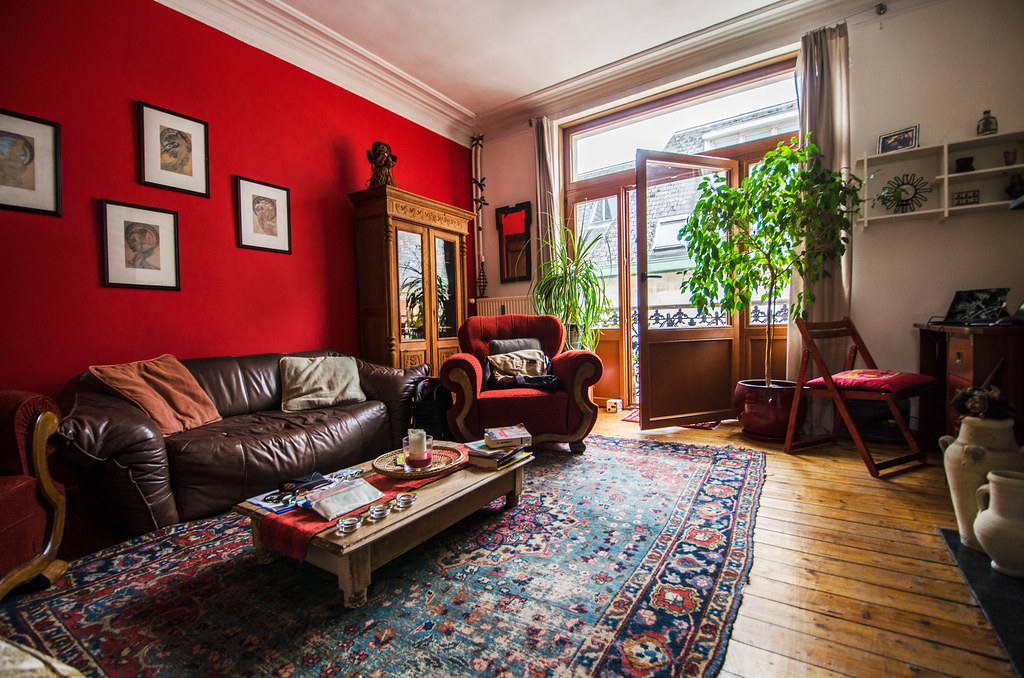On Thursday, the Brussels Government passed the first reading of a proposed law to loosen tourist accommodation requirements, which may yield unwanted repercussions for cheap housing in the capital.
According to Brussels' Minister-President Rudi Vervoort, the Regional Government wants to streamline the process so that residents may utilise their houses to welcome visitors on platforms such as Airbnb.
The planned changes
Firstly, the government will seek to save time by easing the agreement with the co-ownership. Secondly, the period of validity of the safety certificate will be extended from 5 to 8 years.
On that note, a temporary safety certificate scheme has been developed to allow operations to start on turning an apartment into a tourist accommodation, while waiting for minor works to be brought up to standard.
Translation of text: "This Thursday, a draft ordinance on tourist accommodation was presented to the Brussels Government. This new ordinance will allow, among other things, the supervision of competition but also the protection of future operators."
Furthermore, the fire certificate system has been harmonised with that for nursing homes, which will allow applicants to submit requests for exemptions more easily.
Simplified inspection certificates have also been approved by the Regional Government, which will speed up the processing of files.
Lastly, no changes have been made to the registration process, meaning that any prospective accomodators will have to register with Brussels Economy and Employment before putting their property on the market.
What next?
The draft ordinance will be submitted to the Economic and Social Council of the Brussels Region, Brupartners, Brulocalis and the Data Protection Authority for their opinion.
Related News
- Rise of house prices in Belgium is slowing down
- 'Only 40 high-end student flats left,' warns Brussels minister
- 'Cities must protect green space', says Brussels Environment Minister
If adopted, the reform "will allow for better protection of 'ordinary' housing and those benefiting from the service (in terms of security), the protection of the quality of life of the inhabitants, the preservation of the image of Brussels, the supervision of competition in this sector and also the protection of future operators", stated Rudi Vervoort.
Undesired consequences on housing
However, many have been left asking why the Regional Government has made liberalising the housing market a priority.
The city is already experiencing in steep rise in house rises, which has forced residents to leave Brussels for Flanders, with the threat of rent indexation also looming over the capital.
To that end, an American study indicated that a 1% increase in Airbnb listings leads to a 0.018% increase in rents and a 0.026% increase in house price.
Given the current scarcity of affordable housing in Brussels, questions will have to be asked of the government as to why they have decided to hand the keys of their homes to Airbnb, whose investors have already taken up a huge chunk of the capital's real estate.

